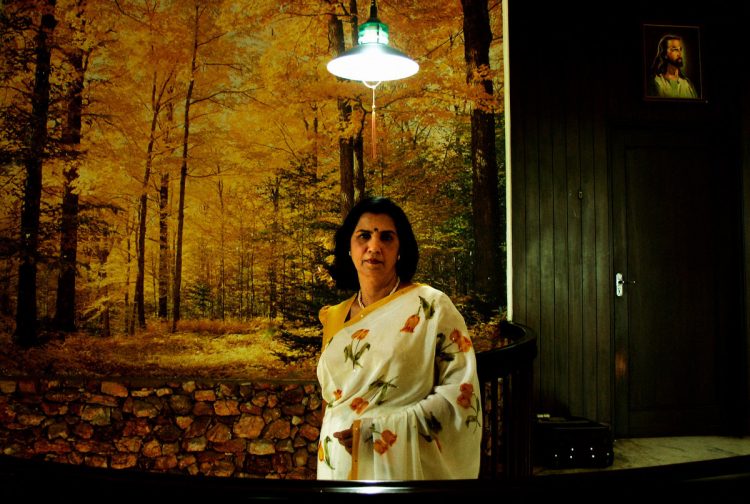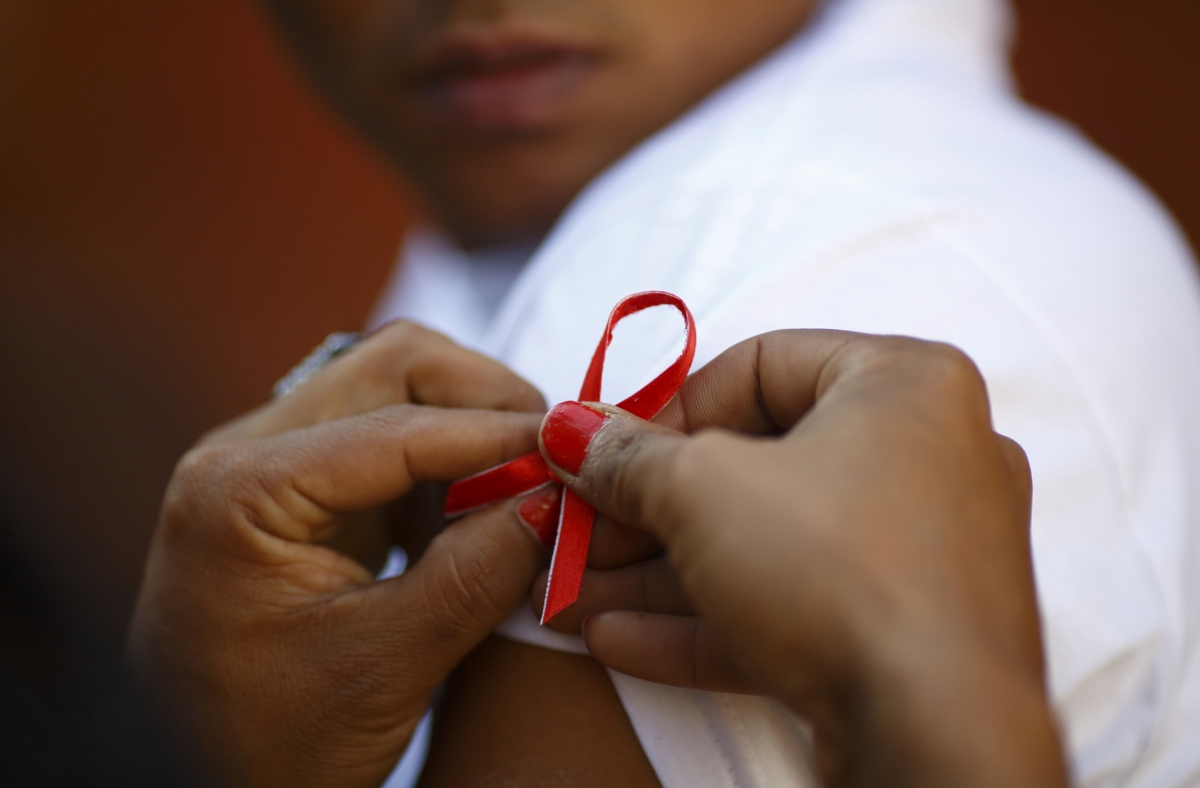
How a young doctor shook India awake with the first HIV diagnosis 30 years ago
In 1986, Dr. Suniti Solomon looked into the blood samples of 100 sex workers in Chennai. To her astonishment, she found that six of the 100 tested positive for HIV-among them a 13 year old girl who was forced into the sex trade.
Dr. Solomon thus made the nation’s very first HIV diagnosis.
A government that failed to believe
Though a significant finding, many bodies including the government were reluctant to acknowledge the test results. India with its aura of supreme morality was deemed as an unlikely place for a disease like HIV to take root. Partly due to this misplaced belief, though the first HIV cases were reported in the US in 1981, not even a single case was detected in India for the next five years.
Not until the blood samples were sent to a Washington lab and positive results procured did the government finally accept the tests which Dr.Solomon conducted as part of a research project with the Madras Medical College.
But that’s not the end of the tale. In fact, in many ways it was just the beginning.
The fight against stigma begins in earnest

Dr.Solomon went on to establish India’s first voluntary counselling and testing centre for AIDS. It was in the year 1993 that the Y.R. Gaitonde Centre for AIDS Research and Education came into being. But the stigma associated with the disease meant that the people behind it found the going tough.
But the Centre still continues to be a haven of sorts for afflicted patients. The Centre had about 12,000 registered patients by 2009.
And even though those with the disease are still looked down upon by many in the society, changes have been made since 1986, thanks in no small way to the efforts of Dr. Suniti and her team. As Dr.Shekhar who is a senior doctor at the General Government
Hospital(Chennai) and also in charge of the anti-retroviral treatments which help rein in the disease, says, the discovery made by Dr.Solomon helped the country begin its fight against HIV/AIDS.
The fight seems to be yielding good results.
Millions of HIV cases have been recorded in India since the first diagnosis. A United Nations report has it that in 2013, 2.1 million Indians were living with HIV. That amounts to the third largest such population in the world- not the brightest of statistics. And in the same year, over 1,30,000 people died from the disease. But on the other hand, tremendous progress was also made as shown by the decline of infections by 57% between 2000 and 2011.
Dr. Solomon has done quite a lot to enable this progress: Starting with moving back to India in 1973 after her stints in US and the UK, and making the first diagnosis followed by starting and running the Y.R Gaitonde Centre.
The amazing personality succumbed to cancer at the age of 75 in 2015.
Image credits: new yorker, ibtimes
Images may be indicative